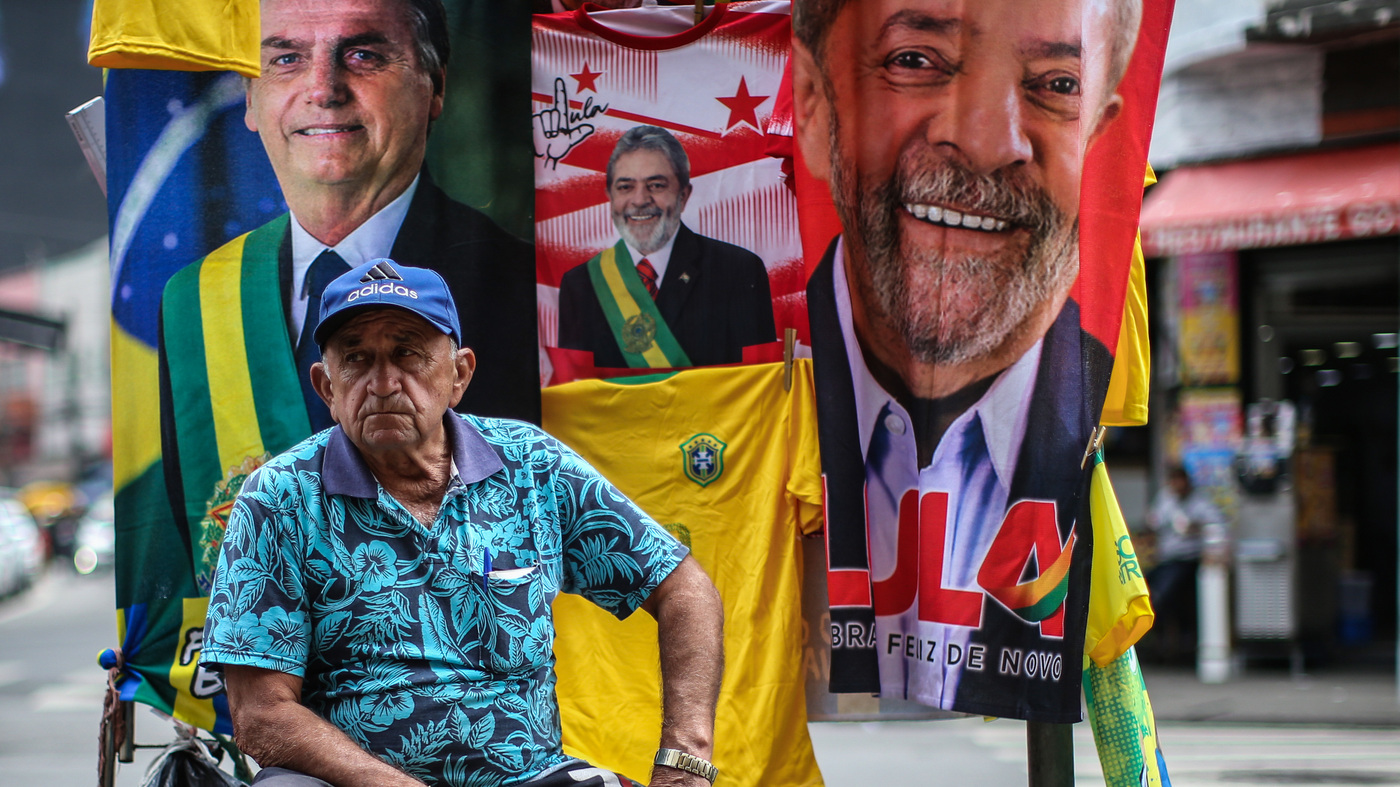Brazil’s Municipal Runoff Elections Expected to Cement Right-Wing Influence Ahead of 2026

Brazilians headed to the polls Sunday in 51 cities for runoff elections to select municipal leaders, with expectations high for a right-wing consolidation that could influence the political landscape for the 2026 presidential and congressional elections. Right-leaning parties are projected to dominate, particularly in 15 state capitals choosing mayors for four-year terms, with former President Jair Bolsonaro’s Liberal Party (PL) likely to strengthen its influence.
President Luiz Inacio Lula da Silva’s Workers Party (PT) faces challenges, reflecting Lula’s declining approval. In the northeastern stronghold Fortaleza, the PT is in a tight contest against the PL for mayoral control. Lula’s campaign efforts have been minimal, partly due to recent health concerns, and his minority government is increasingly reliant on a conservative Congress.
In Sao Paulo, Brazil’s largest city, Bolsonaro-backed Mayor Ricardo Nunes is favored to win re-election, leading his leftist rival Guilherme Boulos by 48% to 37% in the latest Datafolha poll. This key race underscores Bolsonaro’s lasting impact despite his current political ineligibility. Nunes’ support persisted even after a recent power outage dented his popularity.
The right-wing momentum has fueled internal competition, particularly in Sao Paulo, where Bolsonaro’s followers were split between Nunes and Pablo Marcal, a far-right influencer eyeing Bolsonaro’s legacy. In Goiania, Bolsonaro’s PL faced conservative Uniao Brasil, with Governor Ronaldo Caiado supporting Uniao’s candidate, hinting at potential future divisions within Brazil’s conservative movement.
These runoffs are held in cities with over 200,000 voters where no candidate secured a majority in the first round on October 6. The outcome further solidifies Brazil’s rightward shift, with Lula’s PT failing to win any state capitals in this election cycle.














